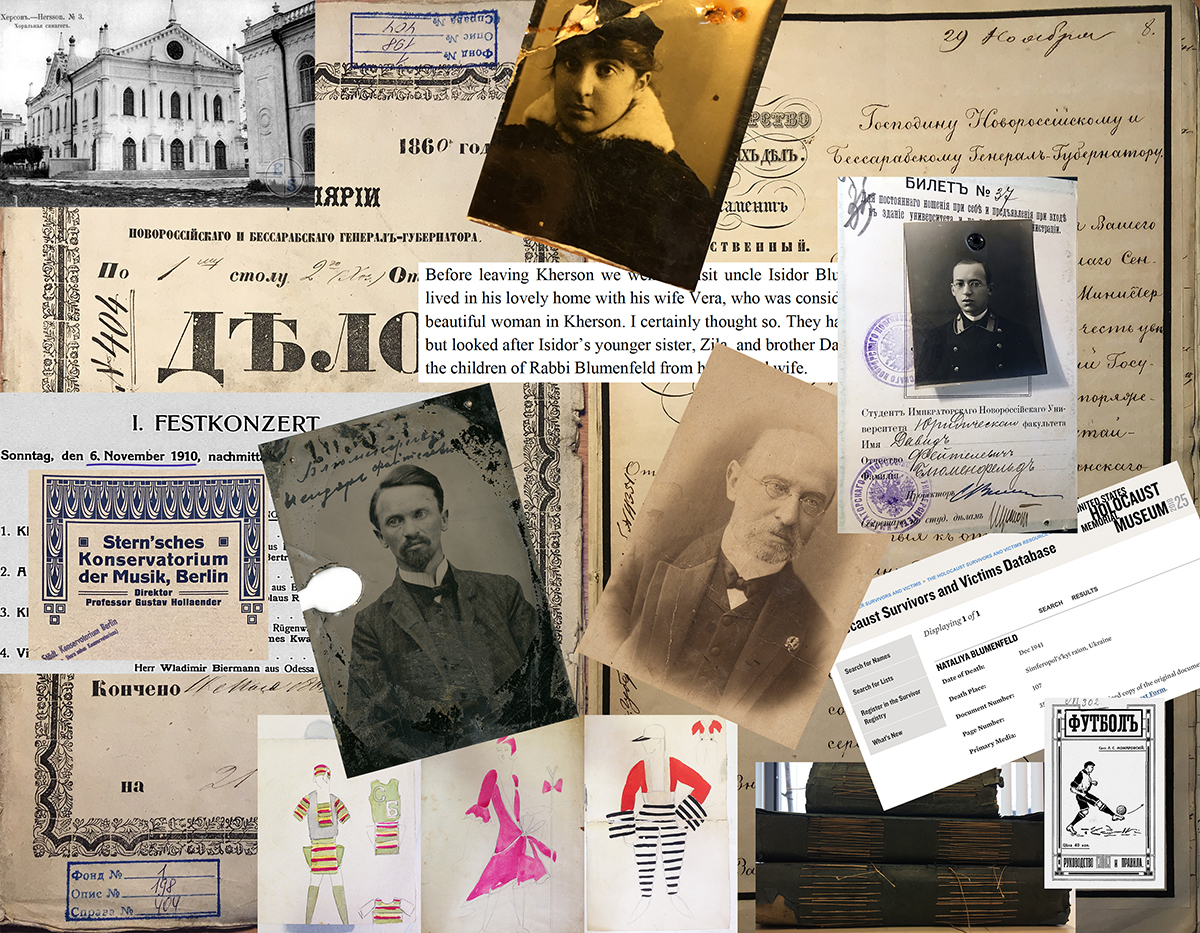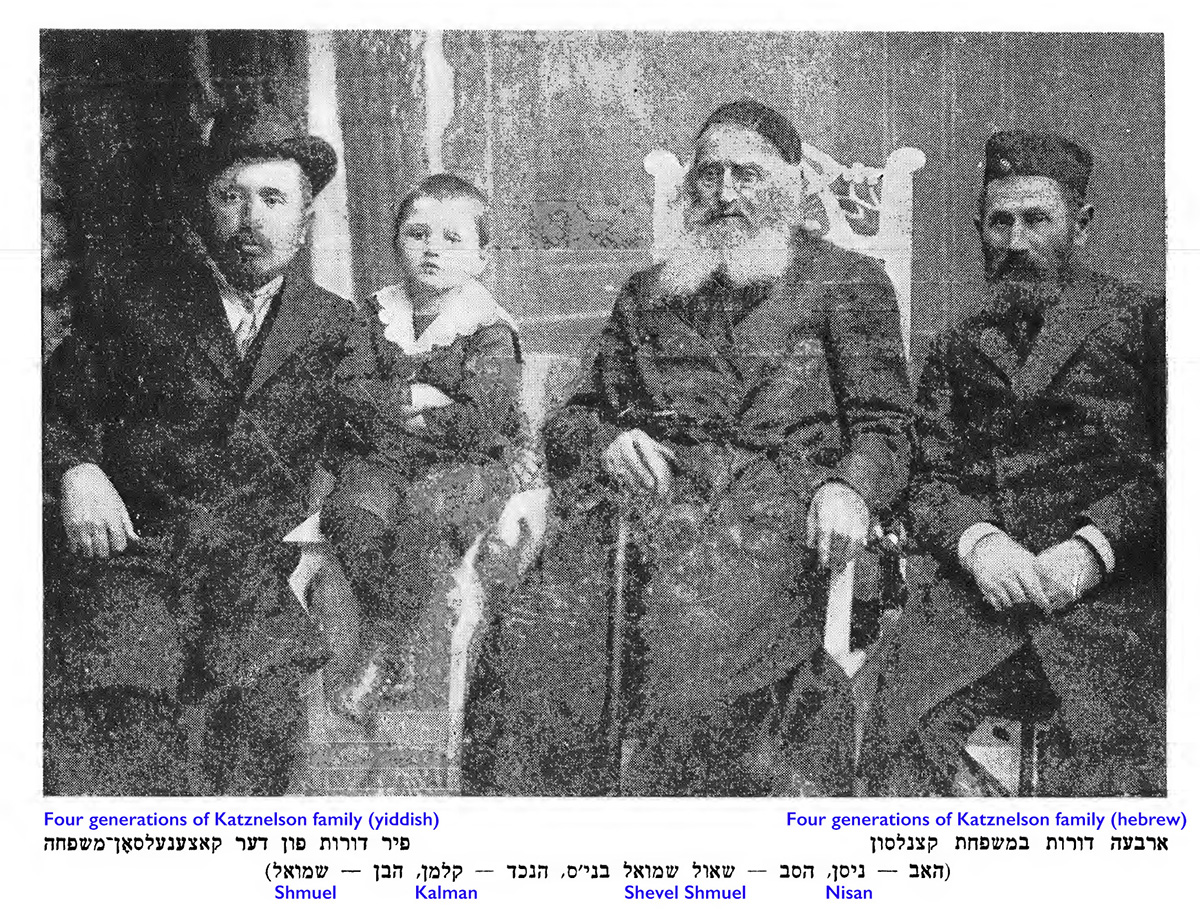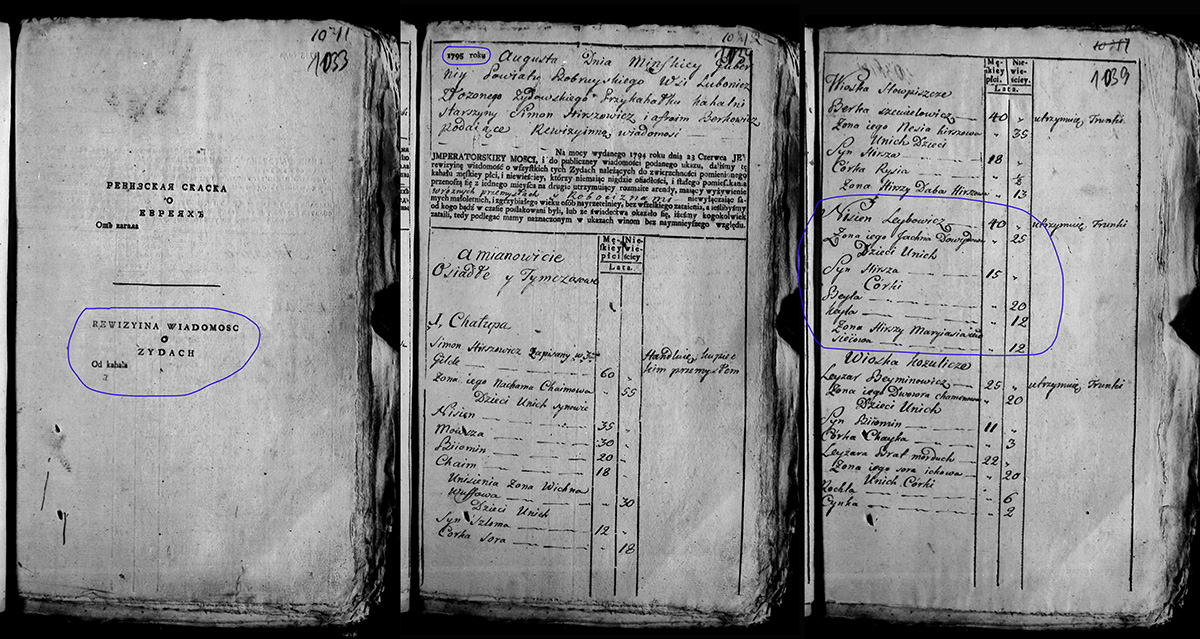Chapter 2 – Archive
I started asking Google and Facebook, family members and genealogical forums. And I started exploring the world of archives – from the bureaucratic non-digitised archives throughout the former Russian Empire, to the organised archives in Germany where my emails were answered within a few hours of sending. Exercising the archival muscle became an aspect of my practice as a researcher. In the beginning the archive felt like a continuation of the repressive silence of my family experience. Many archives did not survive the turbulences of the 20th century. Still, traces of their lives were out there to be discovered through scavenging, collecting and juxtaposing.
It is ironic that the further we get from the past, the more accessible it is. Documents are being digitised every day, databases become searchable, search engines become more sophisticated so that if you type in a name with a certain spelling, it will also search variant spellings of the name. The Jewish name of my great grandmother perished in Crimea was Tzilia, not the russified Natalia as written in the postcards and the Holocaust lists. Her father, Faitel Blumenfeld, was a rabbi of Kherson, a self-made reformer and educator. He had seven children whose stories I slowly unraveled – they all grew up in Kherson, finished gymnasiums and left one after another to study and work in international law, banking, medicine, music and theatre. Some had children and some did not.

I discovered family branches I did not know existed in Moscow, Jerusalem, London, Detroit, got to know them in the 21st century, heard their stories and saw their family archives with documents, memoirs and photographs of our common ancestors. Here is my great great great grandfather Shevel Katznelson who lived till the age of 95, had 10 children and 39 grandchildren, became a merchant of the first guild what gave his large family a right to move out of the Pale of Settlement, but then the WW1 and the Russian Revolution happened, the families dispersed and lost touch with each other. Those who immigrated could not communicate with those who stayed behind. Those who stayed, either perished or suppressed their family past.

The archive becomes a place where silence is like a chest with things in it to be discovered. For two of my family branches I managed to go as far back as the 18th century. This is a document from Bobruisk in the present-day Belarus from 1795, the year of the 3rd partition of Poland, in both Polish and Russian. Revision Lists were conducted in territories ruled by the Russian Czar and enumerated individuals subject to taxation. This is Nisan, son of Leib, 8th and 9th generation before me. When Napoleon was retreating through Belarus in 1812, Nisan Katznelson informed the Russians of the arrival of the French. The French soldiers figured that out, tortured and killed him in retaliation. This knowledge was held within the branch of the Katznelson family that left for Palestine in 1910s, while my branch that ended up in the Soviet Union never spoke of the times before the Russian Revolution, leave alone the distant past.

The search for details is compelling, the work in the archives is similar to burrowing, using my nose a lot. I also need to be somewhat of a bird to describe a larger territory.